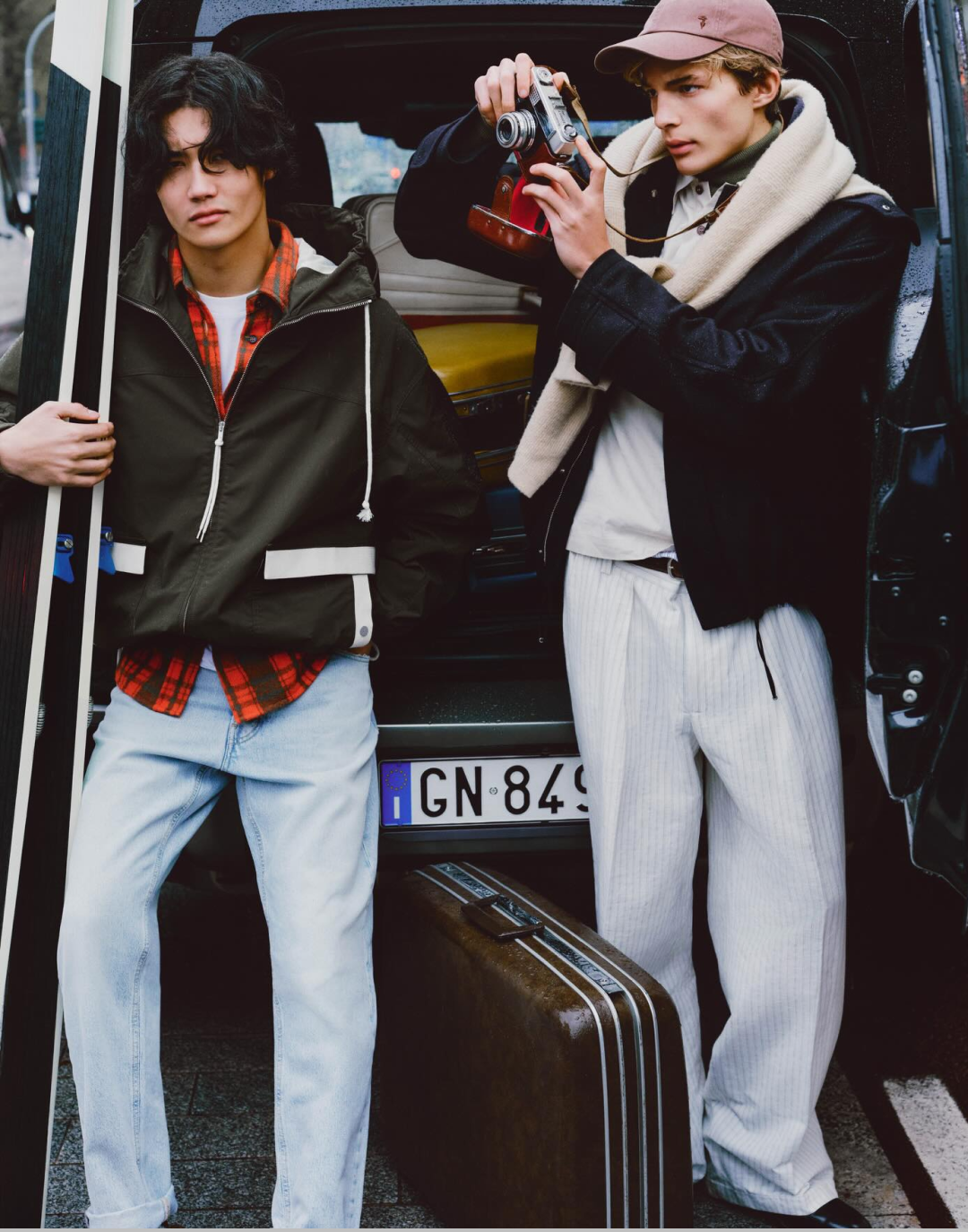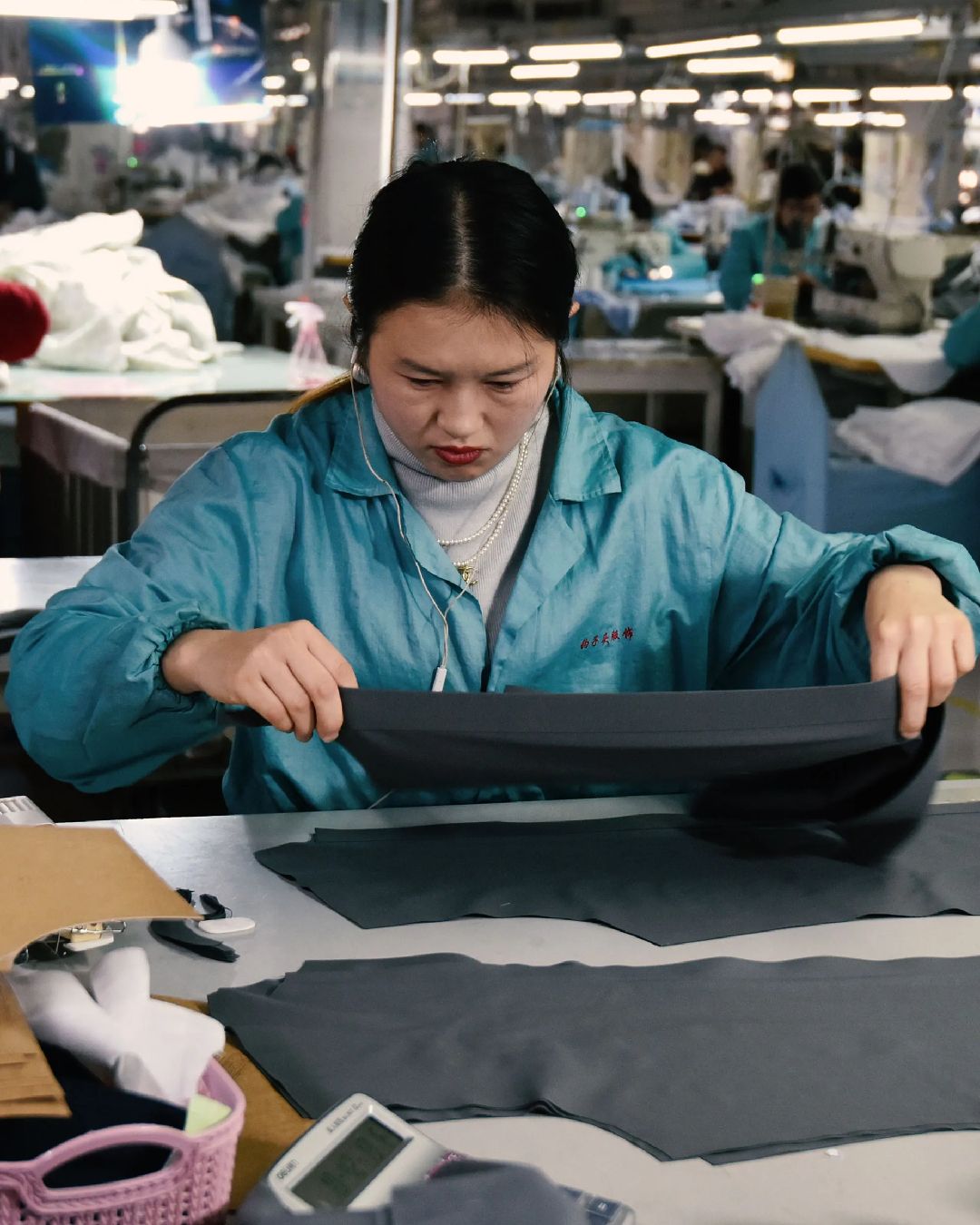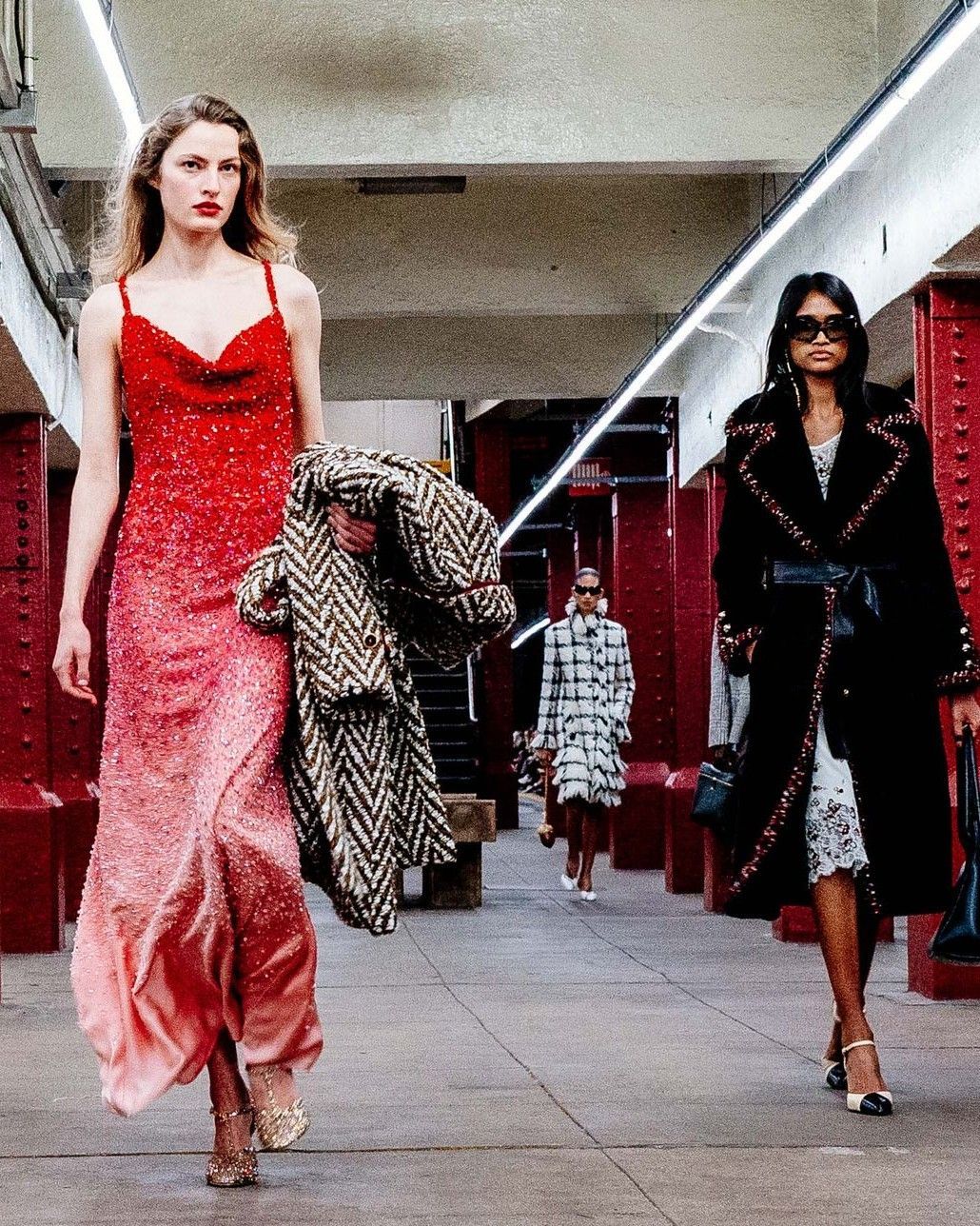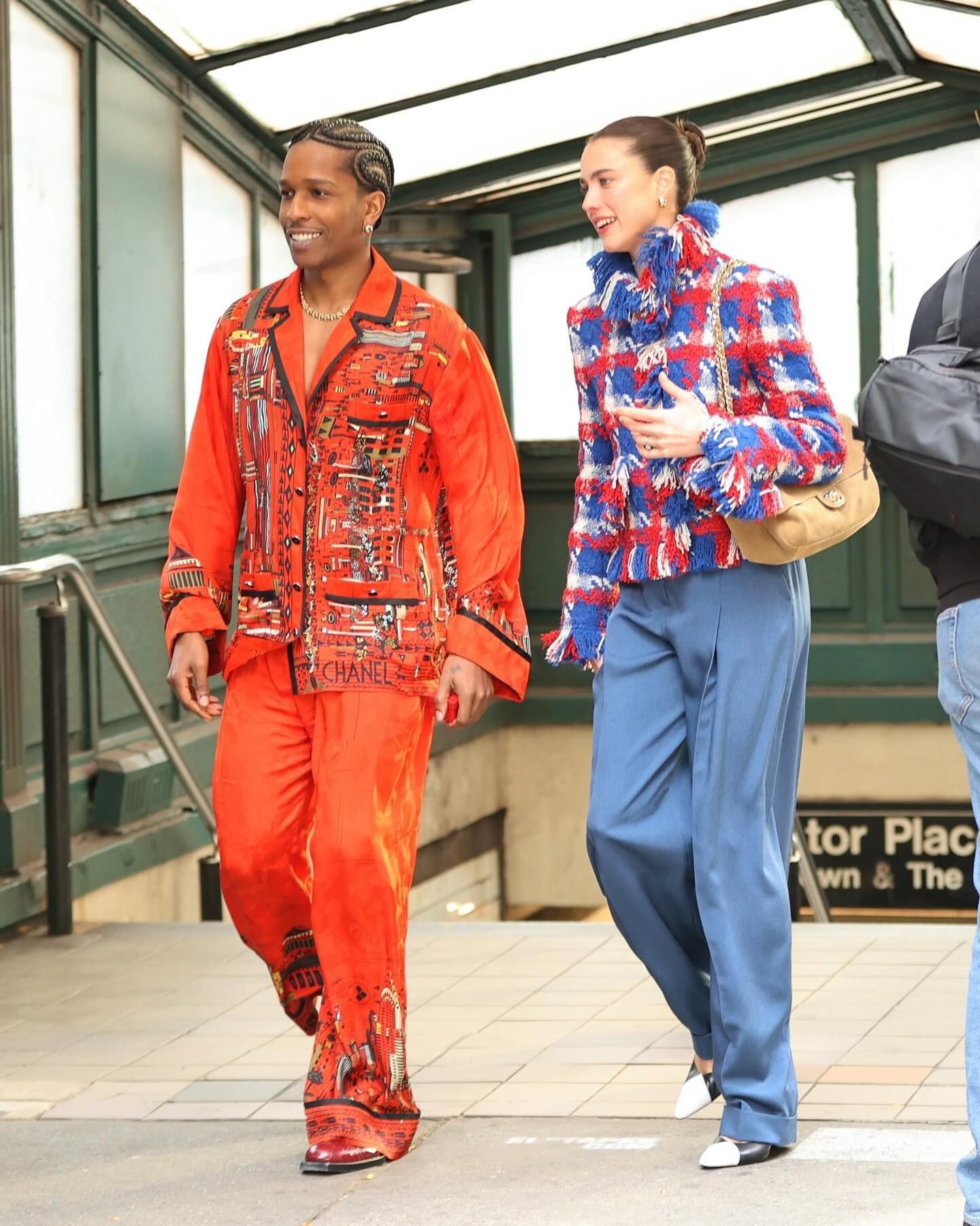
Why Chanel wants to expand in Italy Over the weekend, the brand opened a second boutique in Milan, and it will not stop
After months of work, Chanel's new boutique in Milan has finally been inaugurated. A 520-square-meter space, developed on two floors, housing collections, accessories, jewelry, and leather goods all together for the first time in Italy, including a private area for fittings for VIP clients. The opening of the boutique doesn't mean the closure of the existing location in Sant'Andrea, bringing the total retail points in the city to two, soon to be three with a third dedicated to fragrances and cosmetics opening in Galleria Vittorio Emanuele II. In December, the brand will also reopen its boutique in Turin. These developments, combined with the brand's recent acquisitions in the Italian manufacturing sector, underscore the strategic importance of the country for the $17.2 billion brand. But why all this interest in Italy? Let's just say that tourists love to shop here for economic convenience: TikTok is full of unofficial "guides" created especially by Americans explaining how to save money buying bags and clothes in the country. In those same videos, often shot in Milan, the line outside the Chanel boutique is omnipresent.
@twotrends Save these tips
Talk (feat. Disclosure) - Khalid
"Half of our production is made in Italy," said Bruno Pavlosky to Il Sole 24 Ore last year. "And it's not something recent; it has been happening for years. [...] Italian companies participate in product development, carry out actual production, and have a fundamental ability, which is to deliver the goods." On the same occasion, speaking to CPP Luxury, the president of the brand's fashion division had stated that Italy is Chanel's second-largest market after France itself, while speaking with MF Fashion in recent days, President Pavlosky added, "We have many more people working in Italy than in France." The brand's interest in its home country seems to certainly involve sales in Italy, fueled by robust tourism (as evidenced by the opening of the boutique dedicated to fragrances and perfumes, much more accessible than the expensive clothing and accessory collections, right in Galleria) but especially by the rich manufacturing system in our country. As mentioned, the brand has continued to acquire factories in Italy since 1999, and the acquisitions, the plans for which have not been revealed, will not stop, especially considering the increasingly dense partitioning that both large and small companies are making of independent producers in the country to vertically integrate their production models and not depend on "outsiders."
Chanel's strategy, seen as a whole, including the absence of e-commerce, the insistence on verticalizing the production of each product category, and its traceability/sustainability (the acquisition of 60% of FashionArt, a denim production company in 2022, was also based on the company's GOTS certification, while last year Pavlosky spoke favorably about an app like Yuka that automatically tracks all materials), combined with the idea of an analog in-store experience where one can buy collections specifically designed not to be, or seem, mass-produced but rather more or less limited assortments, seems to be heavily based on an "analog" factor and a physical presence that in recent years has proven to be the universal remedy in a fashion landscape overcrowded in recent years by brands with a more solid narrative of their concrete foundations, seeming to pale in the face of the recent conflicts affecting Europe and the Mediterranean. The key to resilience, as Chanel's success seems to suggest, is to always bet on substance and less on appearance – a strategy that manifests in the brand's decision not to impose total exclusivity on its producers, preventing them from having other clients, and that, last year, Pavlosky summarized like this: "We must prepare for the next 20 years. We don’t want to control everything, what we need is to have the best talent."













































